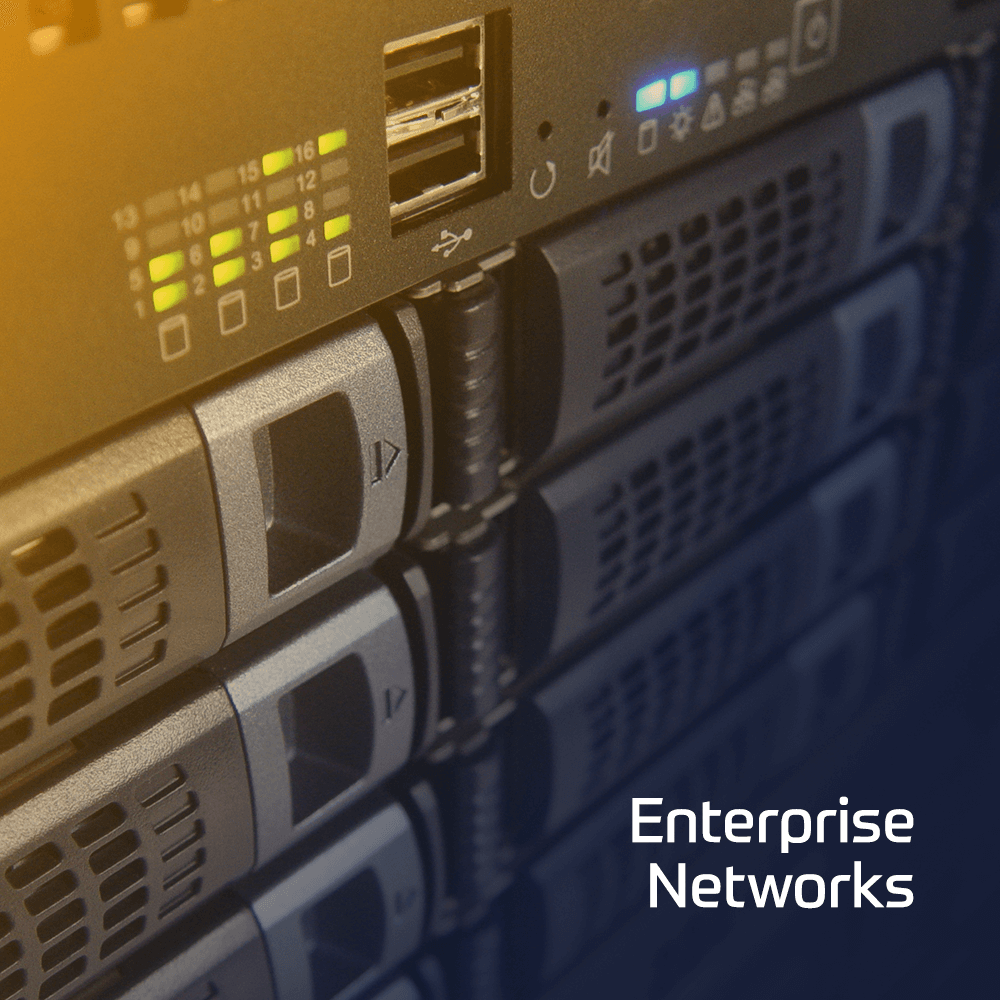This CompTIA Cybersecurity Analyst (CySA+) training course will prepare you to successfully achieve this in-demand certification with hands-on, scenario-based training so you’ll be ready to meet advanced persistent threats (APTs).
This is an intermediate certification that is part of the CompTIA certification pathway, fitting in between the Network+ & CASP certifications. Achieving this certification validates that you have the skills as a cybersecurity analyst, that you can take an analytical approach to cybersecurity, and have the knowledge of network security tools and techniques to combat threats.
Associated Certification:
- Exam Codes: CS0-002 & CS0-003

 Finland
Finland Germany
Germany Denmark
Denmark Sweden
Sweden Italy
Italy Netherlands
Netherlands Norway
Norway 


























 Duration
Duration  Delivery
Delivery  Price
Price